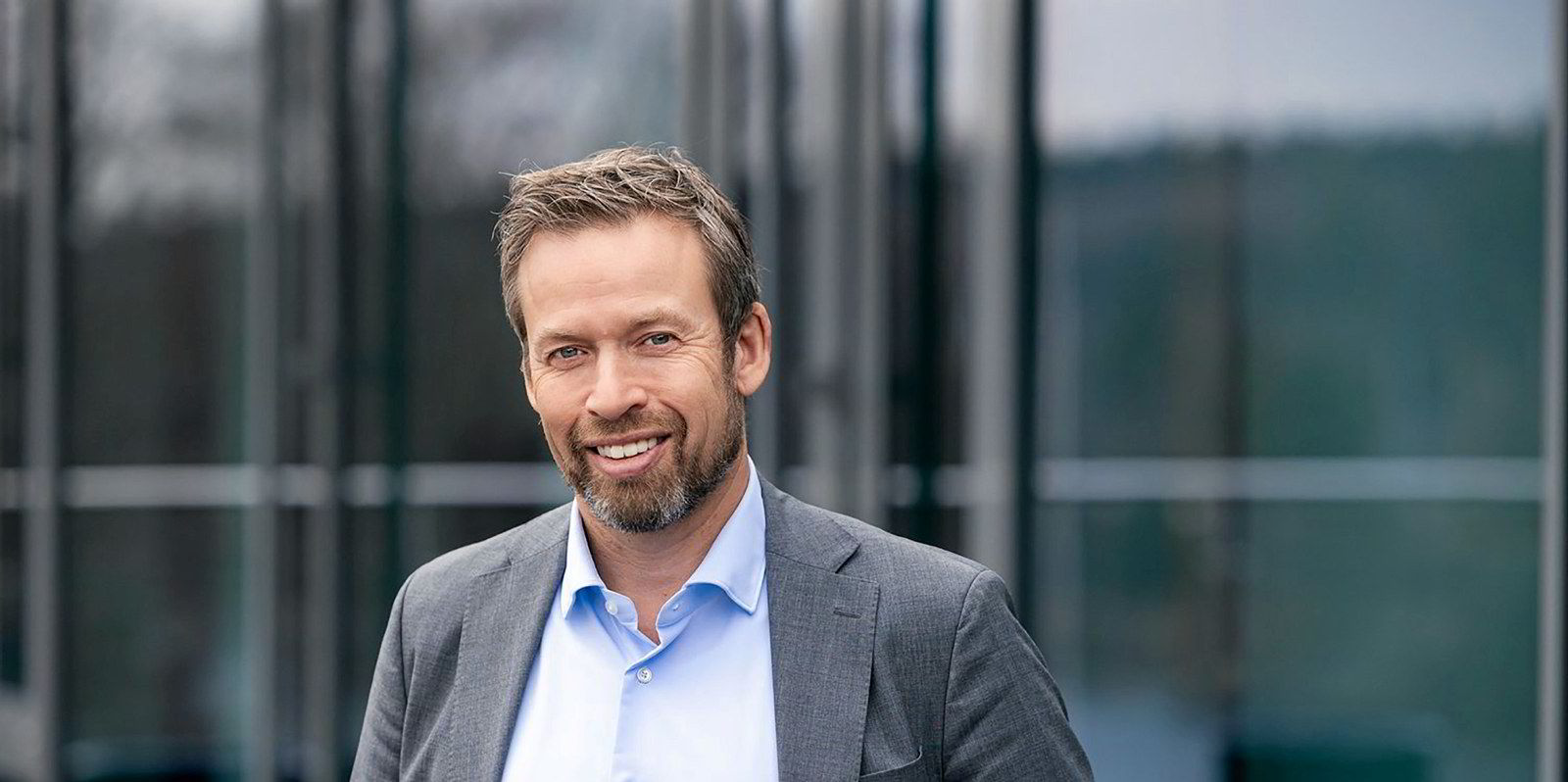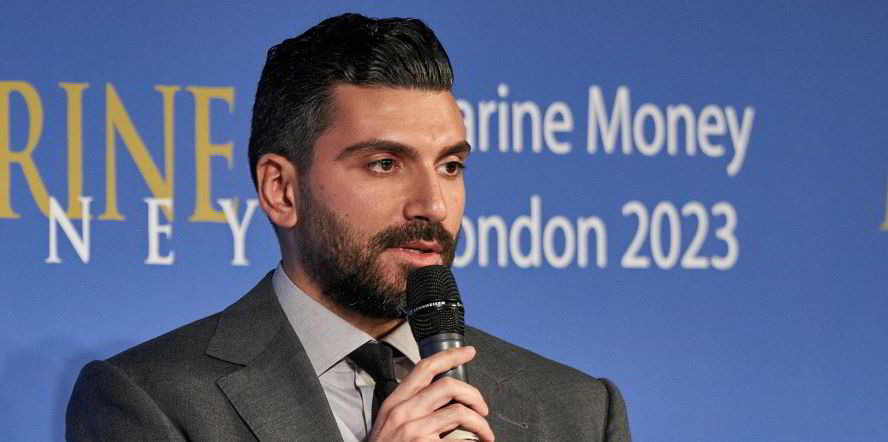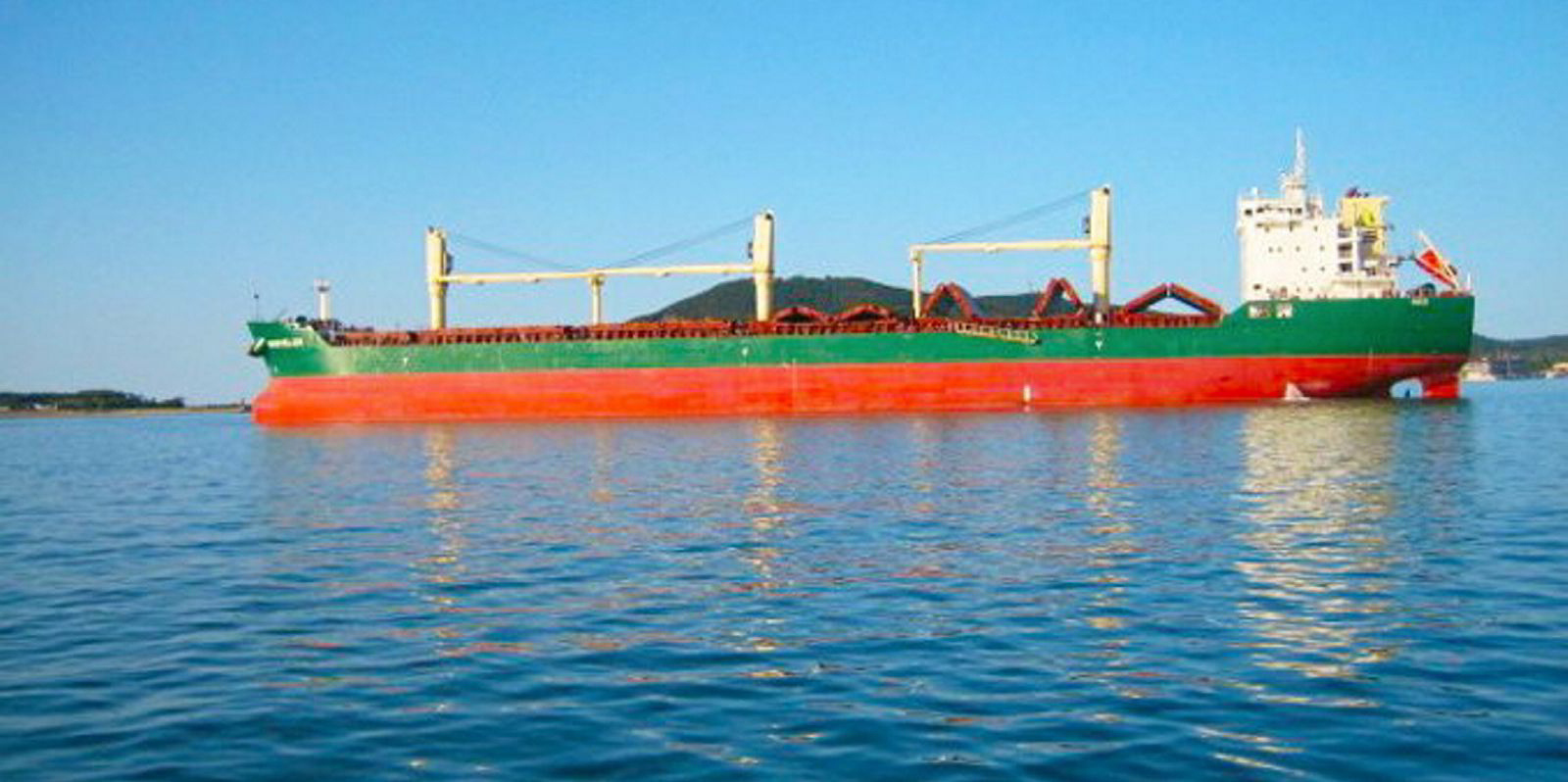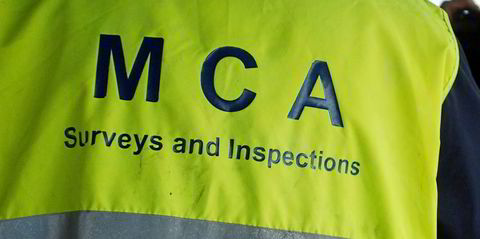Private Norwegian operator Torvald Klaveness has logged its best operating result in more than 10 years.
Ebitda rose to $116m from $109m in 2021, while cash stood at $188m at the end of 2022.
Net profit was down at $65m from $100m, with revenue lower at $511m, compared to $520m the year before.
But the company told TradeWinds that net profit was up from continuing operations.
In 2021, Torvald Klaveness sold its eight-ship container fleet.
The net result from this, as well as operating the units before the disposal and a reversal of previous impairments, was $63.3m that year.
Adjusting for this, pre-tax earnings were $36.8m in 2021, against $65.5m last year.
The company has 73 ships under management through pools, chartering-in and the Klaveness Combination Carriers (KCC) operation.
Chief executive Ernst Meyer, who took the top job in April 2022, told TradeWinds: “The flexibility of our business model has proven its worth. The combination-carrier concept is gaining more popularity in proving its value in reducing emissions and freight costs for customers.
“Further, establishing data-driven approaches to our operations has helped create strong profits in a year when facing long periods of low rates in both the dry and wet markets.”
Meyer said 2022 started with very low rates in the wet market and high in the dry market.
Positions reversed
The two markets then swapped places over the summer and remained that way until the end of last year.
“We have been able to capitalise well on both,” Meyer said.
The group operates 30 pool bulkers, and 27 more that are chartered in.
“Specialising in panamax vessels and focusing our efforts on trading strategies has worked out well for Klaveness Dry Bulk, with the business consistently achieving impressive results since 2020 despite a volatile market,” Meyer said.
During the year, the operator had 70 and 80 vessels under management, including through the Baumarine pool managed together with Japan’s Marubeni.
KCC has 16 combination carriers transporting dry bulk and oil cargoes.
“Through business development, new trading opportunities have been identified, such as the rapidly growing lithium industry that requires large amounts of caustic soda to electrify cars and we expect the demand for this service to grow in the coming years,” Meyer said.
“We are pleased to report that since its first listing, Klaveness Combination Carriers has doubled its value and is on its way to becoming a part of Norwegian industrial history.”






